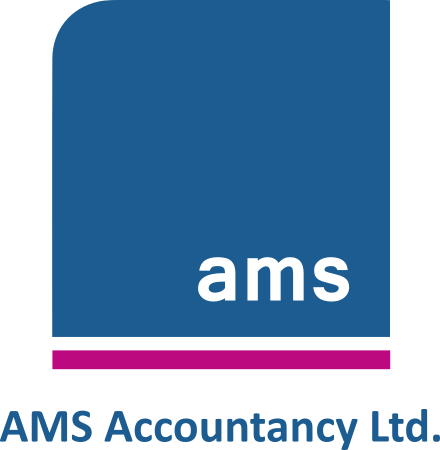First of all, I would say read the guidance notes – and if you still need help, see an accountant. Under-declaring income can cost you penalties and interest! Here are some mistakes I have seen.
Buy-to-let property – Anyone who sells an investment property, and makes a profit on its sale, needs to work out the Capital Gain and include it in their Return – as well as doing a 60 day CGT Return.
Foreign income – People omitting foreign income believing it didn’t need to be included because it was taxed abroad. This is only the case for non-resident and non-domiciled taxpayers (an accountant should definitely be consulted here).
Child benefit – People with income above over £50,000, must include their child benefit. This still catches people out, especially when income has only just exceeded £50,000 (or they have recently become parents).
Pension contributions – There is probably more confusion in this area than any other because there are so many ways of paying into a pension scheme – many employees are unclear about whether to include contributions in their tax return, or not. To summarise:
- Contributions paid by the employer, or under salary sacrifice arrangements, should not go in the Return.
- Contributions where tax relief is given through PAYE should not go in the Return.
- Contributions made by employees that don’t reduce tax via their payroll SHOULD be included in the Return, otherwise they may miss out on obtaining Higher Rate Tax relief on their pension contributions.
- If contributions exceed £60,000 – or £10,000 for people earning over £200,000 – consult an accountant as there may be a tax charge.
